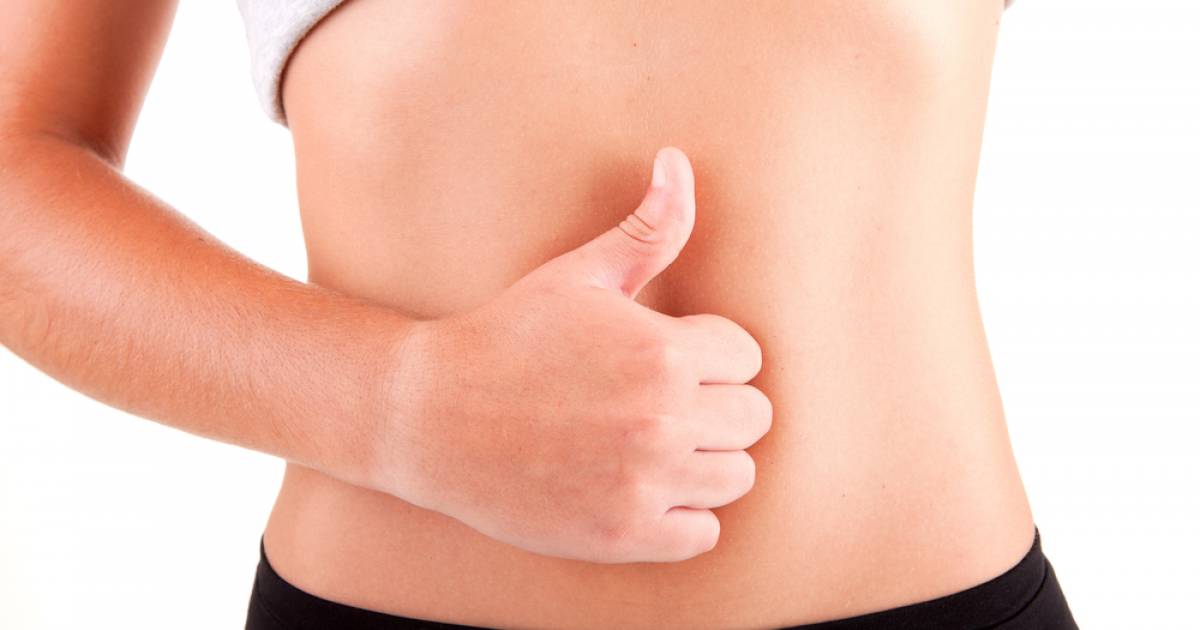Want blooming gut bacteria? Turns out, it’s not all about popping probiotic pills. Six surprising facts about the hottest topic in health right now…
You ordered a side of sauerkraut with lunch and your fridge is packing probiotics – because by now you know there’s more to a healthy stomach than having a flat belly. The gut is officially a major key to your health. “As well as extracting energy from our food, the gut accounts for most of our immune system and produces more than two dozen hormones that influence everything from our daily appetite to our mood,” says Dr Michael Mosley, author of The Clever Guts Diet. New gut discoveries may be popping up faster than kombucha brands, but here’s some inside (pun totally intended) knowledge that might actually still surprise you. Get ready to digest it.
Your Stomach Likes A Little Shiraz
Happy days! “On the face of it, your microbiome should really hate alcohol,” says Mosley. “But drinks like wine contain more than just alcohol. They also contain polyphenols [powerful antioxidants].” In an experiment published in The American Journal of Clinical Nutrition, Spanish researchers looked at the effects of drinking a large glass of red wine a day (emphasis on one!) on 10 healthy middle-aged men. “There was a marked change in their gut bacteria, with a particular increase in Bacteroidetes, the type of bacteria associated with slimness,” explains Mosley. “They also noticed a significant increase in Bifidobacteria, which are associated with lowering cholesterol.” Cheers indeed.
Purple Foods Are Powerful
Load up on blackberries, blueberries, purple carrots, red cabbage and eggplants. The reason? “Blue and purple foods get their colouring from a type of flavonoid called anthocyanins,” says Mosley. “Eating anthocyanin-rich [foods] strongly encourages the growth of ‘good’ bacteria such as Bifidobacterium and Lactobacillus.” Sounds good!
Your Gut Loves A Good Workout
Is there anything breaking a sweat can’t do? A study published in the journal Gut compared stool samples from professional rugby players in the middle of training season to those of healthy men who weren’t big exercisers. The athletes displayed a wider variety of gut bacteria, which is considered to be healthier and less likely to be linked to bowel conditions. But before you grab a ball, “you don’t need to be a professional rugby player to benefit from the microbe-boosting effects of exercise”, says Robynne Chutkan, author of The Microbiome Solution. “Elevating your heart rate to 20 percent above baseline with a brisk walk for 30 minutes three to five times a week is enough.” Tackle that.
Sleep Matters, Too
Another reason to swap that second episode of Law And Order for your pillow. Disruptions to your circadian rhythms, such as jet lag, affect the health of the microbial system. A study in Molecular Metabolism was carried out on people who had slept only four hours a night for two nights. The researchers found their gut bacteria was out of whack, which could indicate longer-term consequences of poor sleep, such as a higher risk of weight gain and diabetes.
Fuente: www.womenshealthsa.co.za
